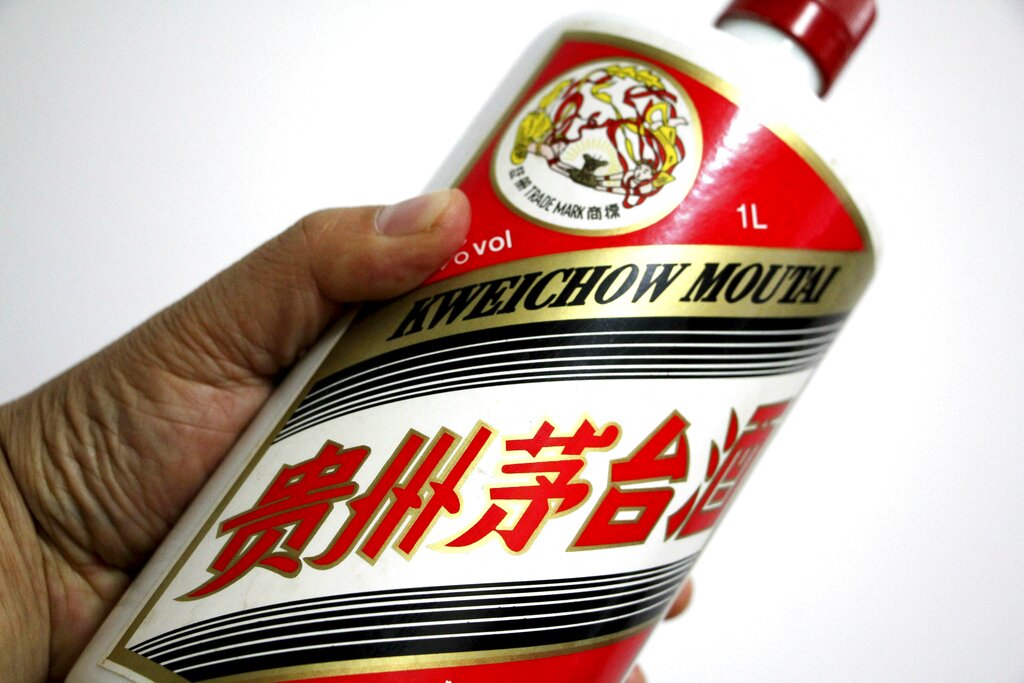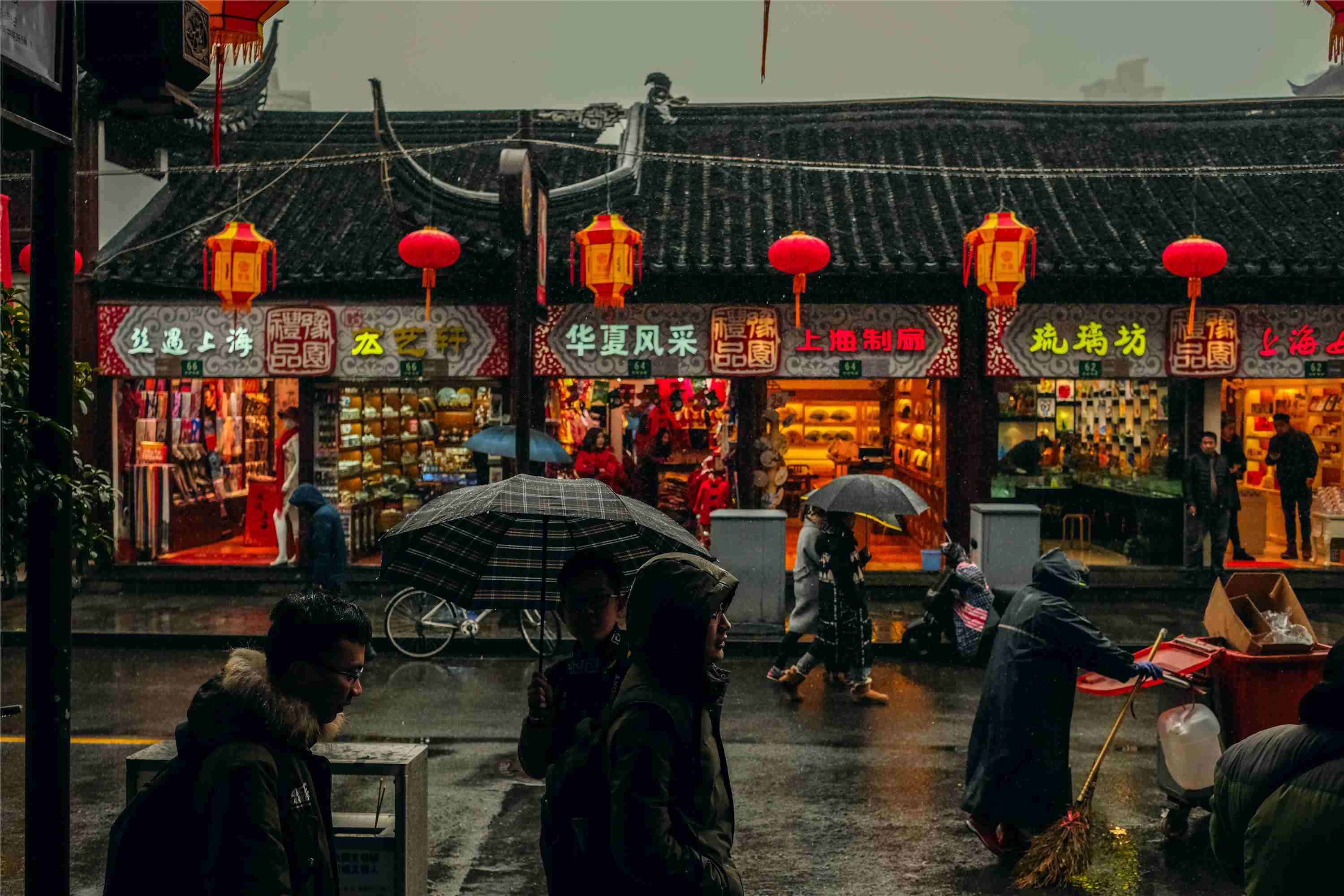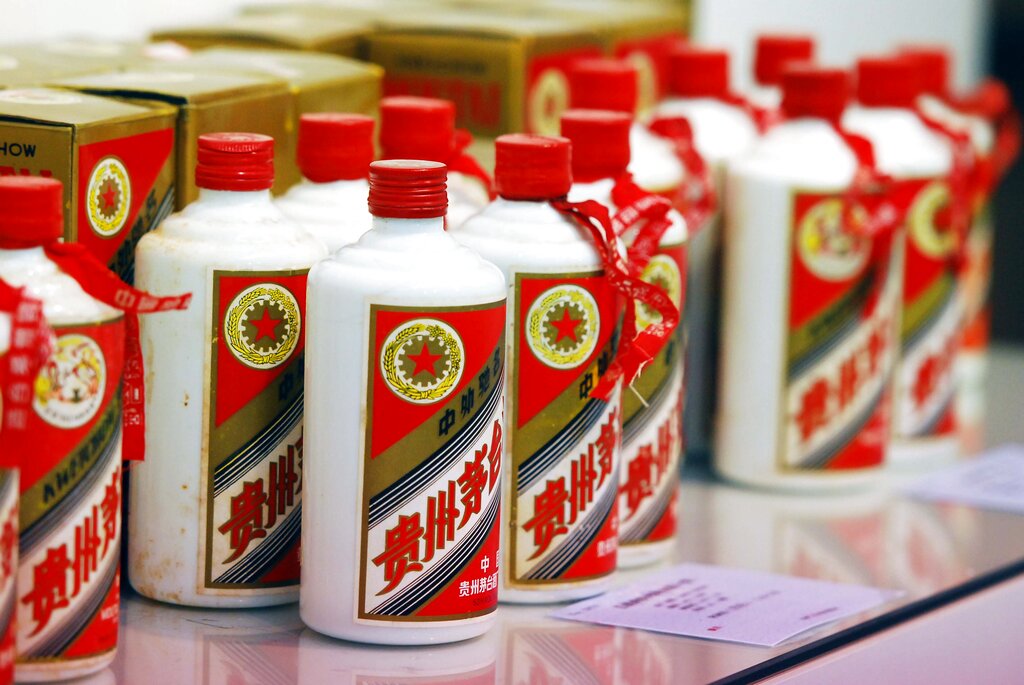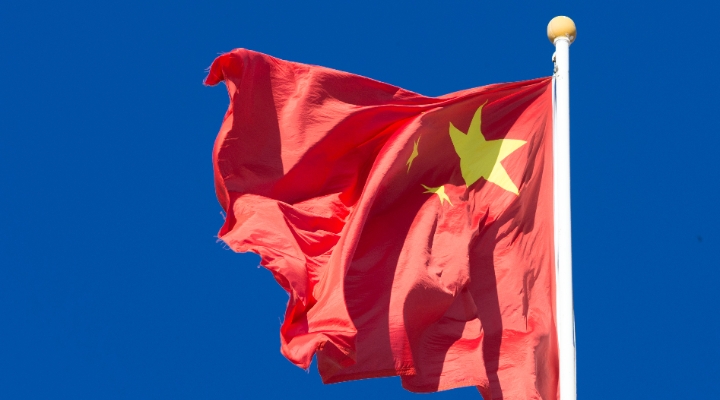
After three years of closures, mainland China has reopened its sea and land crossings with Hong Kong, and as of January 8, ended the mandatory quarantine for incoming travelers. Though experts warn of a massive infection surge, the market has moved on to price in the post-COVID revenge spending spree.
Chinese stocks broadly rebounded, with the Morningstar China index advancing 10% in the 13 trading days of 2023. Distilleries that make ‘baijiu’, the Chinese-style fiery liquor, are also traded up. As of Jan. 18, days before the impending Lunar New Year holiday, liquor company stocks Kweichow Moutai (600519), Wuliangye Yibin (000858), and Jiangsu Yanghe (002304) are all trading between 10-15% higher. The white liquor makers have exceeded their fair value estimates and are trading a premium of between 7-20% from their October 2022 lows.
Jennifer Song, senior equity analyst at Morningstar, says: “In the near term, we believe domestic travel during the Lunar New Year will bolster demand for premium baijiu and leading local brands, and we expect our baijiu coverage, including Kweichow Moutai, Wuliangye Yibin and Jiangsu Yanghe, to post 15%-20% year-over-year revenue growth in the first quarter.” By mid-January, Moutai completed at least 20% of its full-year sales target while Wuliangye and Yanghe met about 35% and 30% of their targets, respectively.
Consumption Outlook Is Rosy
Following China’s farewell to zero COVID, Chinese baijiu isn’t the only consumer discretionary group that is benefiting from the optimism in Chinese consumption. Strong pent-up demand could support the real economy, and the excess savings Chinese households have amassed during the pandemic is a key factor.
David Chao, global market strategist at Invesco, estimates: “This pile of cash stands at around RMB 2 trillion in excess savings from last year, while bank deposits have grown by almost 50% since the start of the pandemic.”
He also believes that the mainland spenders will likely start to spend these savings, “as sentiment improves on discretionary items and put some capital to use in the property market or other assets such as the domestic stock market.”
Baijiu’s Prices Are Stagnant, But Sales Volume May Rise
Song’s recent channel checks show that major leading baijiu names are well positioned to deliver decent Lunar New Year sales, supported by both business socializing and family gathering demand.
On pricing and inventory, Kweichow Moutai defends its leader position with its core product, Feitian Moutai. Although the per-bottle price of RMB 2,730 is slightly weaker than it was a year ago, the inventory level is the lowest, at about two weeks, among the three brands. Song thinks this suggests stable short-term sales growth. Wuliangye’s flagship 52-degree liquor is flat at RMB 965 per bottle versus a year ago and its inventory at distributors is at a healthy level of about 1-1.5 months.
Song expects Yanghe to spend more on marketing and sales to boost sales and digest the relatively high inventory level of three months. While being the least pricey option of the three, the wholesale price of the premium line Dream 6+ is asking for RMB 615 per bottle, trending downward over the past two years.
Factoring in the price moves and an assumption that their sales volume will be slightly higher, Morningstar has lifted the recurring 2023 net profit forecasts for the Chinese liquor maker coverage, namely Kweichow Moutai, Wuliangye Yibin and Jiangsu Yanghe by 1%-5% to RMB 73 billion, RMB 31 billion and RMB 11 billion, respectively.
This adjustment also translates into a fair value estimate upgrade. Specifically, the fair value assigned for Kweichow Moutai is raised 2.5% to RMB 1,620 per share. After receiving a 4% upgrade, the new fair value estimate of Wuliangye Yibin and Jiangsu Yanghe is RMB 196 and RMB 177, respectively.
Chinese Liquor Stocks are Not Cheap
Even after the fair value upgrade, these white liquor stocks are overvalued, with two-star Kweichow Moutai priced at the highest premium of 20%. The other two trade at within 10% premium, warranting a three-star rating. Song says the investment thesis for Chinese liquor stocks is still intact and she retains the coverage’s wide economic moat rating.
”We think increased demand for socializing, along with premium baijiu’s irreplaceable position in the Chinese drinking culture, will help to support steady sales growth for leading baijiu brands. Over the longer term, the gradual recovery of business and commercial activities will likely lead to a sustainable growth of premium baijiu demand,” she adds.
The current environment puts Wuliangye, China's second most valuable fiery liquor distiller, in a better position. Song explains: “In an event of a continued slowdown, Wuliangye may offer a more attractive proposition.” Strong brand and its unique brewing technique with its over 650-year-old cellar back its moat. “The quality of baijiu beverage is mainly determined by the age of the cellar, and a cellar with longer history usually produces higher-quality liquor. Wuliangye’s crypt-type fermenting cellars for yeast liquor have been in existence for over 650 years; this is almost impossible for its competitors to duplicate.”
Kweichow Moutai’s valuation is the most stretched, but the premium rewards it being China’s most distinguished spirit brand. “Having unique cultural status, unmatched brand image, and outstanding product quality, Kweichow Moutai continues to command premium pricing, the benefits of which are reflected in its industry-leading margins,” explains Song. She adds that resilient demand and a shift toward higher-margin direct-to-customer channels would be the key growth drivers for Moutai in 2023.
Lastly, unlike the two mentioned brands that focus on the super-premium market, Yanghe is a player in the mid to high-end segment. Song says: “Yanghe’s competitive advantage is reinforced by intangible assets in the form of its entrenched distribution network. After consolidation of sales and distribution channels in the past few quarters, its sales growth accelerated in 2022. We expect the company to continue its positive growth momentum in 2023.”












.png)



.jpg)





